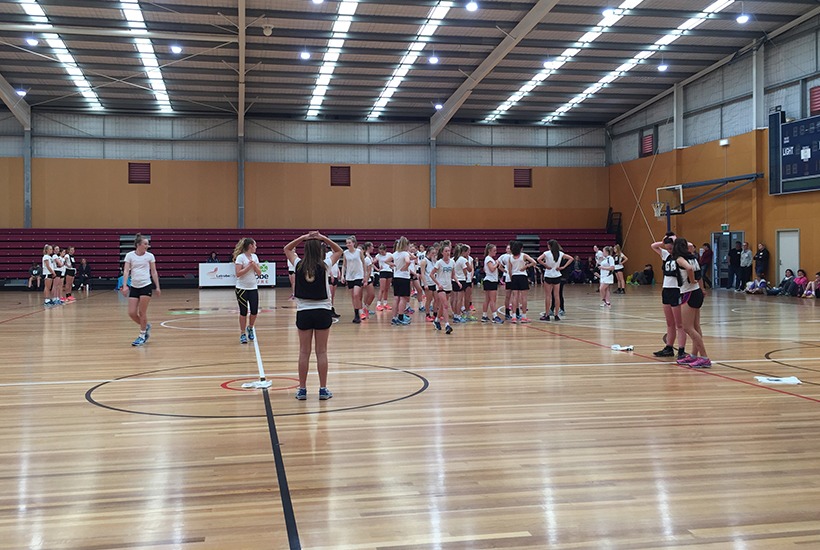
The end of the year can bring both good and bad experiences for netballers.
Often it’s finals time, which comes with its share of excitement and (if all goes well) a bit of team success. But it’s also usually the back end of selections, which means some players will be excited to learn they’ve achieved selection in the team they were hoping for, while others will not quite make those higher grades, or miss out altogether.
Just this week I’ve had players reach the end of long trials processes for selection at higher levels, only to find out they’ve missed the cut, despite being exceptionally talented players. Are they worthy of selection? Absolutely. But for whatever reason, unfortunately it’s just not their time.
400+ DRILLS: CHECK OUT OUR FULL LIBRARY OF VIDEOS HERE!
But as netball coaches, it’s part of our role to help and guide those players who’ve fallen short of their next aspiration, and assist them in dealing with their disappointment, finding motivation, and plotting the path forward.
Every player is different, so finding the right approach will vary, but here are some examples of the advice you might offer your players.
IT’S OK TO BE UPSET
It’s a natural response to want to try to cheer a player up when they’ve been given some bad news. And that’s fine, but it’s also OK to allow them some time to be upset and deal with things in their own way. They don’t need to ‘move on’ immediately – some players will be up and about the next day, while others might not want to think or talk about netball for a week or more. Extending an offer to have a chat with them when they’re ready can be a good middle ground, and once they reach out you can help them work through it.
STAY IN THE GAME
Often the immediate reaction after a non-selection is often for a player to pull out altogether. But as I always say to players, the only way to GUARANTEE you won’t get an opportunity is to pull yourself out of the process. I’ve lost count of the number of times players have initially missed selection or been picked in a lower team, only to have other players pull out above them and spots open up. If they’re able to put their disappointment aside and remain committed, there could be a good chance of a position becoming available, so encourage them to stay the course.
FIND THE POSITIVES
There’s a positive in every situation – your player might just need a little help identifying it. Perhaps they’ve been selected in the 2s rather than the 1s, but the coach of the 2s is very experienced and has a great track record of developing players to take that next step. Perhaps being selected in a lower team is a chance to be one of the stronger players in that team and receive more court time than they would have received in the higher team. Or maybe missing out on selection opens up an opportunity to put more focus into their academics, or another sport they’re also trying their hand at. There’s always a silver lining.
ASK FOR FEEDBACK
Once the dust has settled, encourage the player to politely request feedback from the selectors, through the appropriate channels. As hard as it can be to hear (and they might not always agree with what the selectors say), there’s always value in finding out what the selectors were looking for and what the player can do/work on to improve their chances at future trials.
SET THE NEXT GOAL
If a player IS selected in the team they’ve been aiming for, they’ll almost certainly be thinking about their next goal straight away. And there’s no reason it should be any different for players who don’t quite hit their mark. OK, they’ve missed this goal, so let’s look at what’s coming up that they can put their efforts towards. The new goal might be to gain selection next time around in the team they’ve just missed out on, or it might be a more short-term aim based around the selectors’ feedback – like improving their fitness so that they’re on par with the best players at the club. Whatever it is, help the player identify something tangible and achievable so they’ve got a source of motivation ready to go.
COME UP WITH A PLAN
Here’s where good coaches can really come into their own. If your player is determined to stay involved and keep pushing to achieve their next goal, make a time to sit down with them and put together a development plan and/or training program to give them the best chance of getting there. What’s important to remember here, though, is that for a plan to be effective the player needs to buy into it and drive it. There’s no point in you putting a detailed development plan together if they have no real desire to follow it. So have the player try to identify some areas of their game that they want/need to work on, and then ask them how much time they’re prepared to commit to it. If they think they can give it 30 minutes a week, you can work with them to create some short sessions that might help them. If they’re prepared to do two or three longer sessions each week, or do extra work before/after training/games, you can factor that in. Having a plan will allow them to tick off some short-term goals, as well as allowing them to refocus their efforts and attention rather than dwelling on what they’ve missed out on.
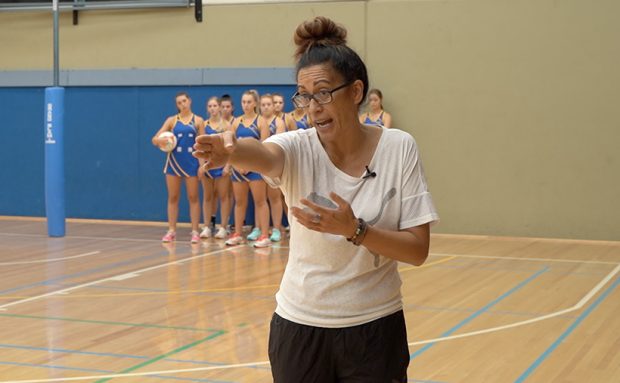
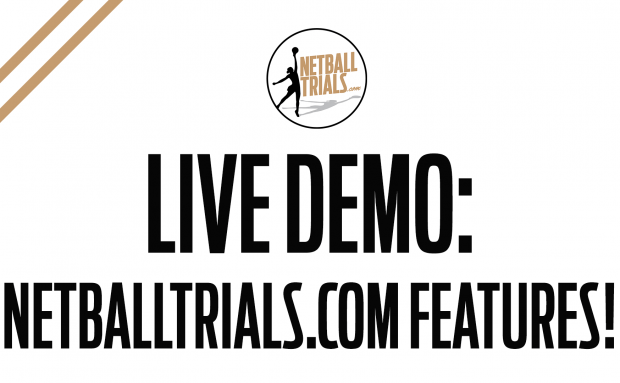
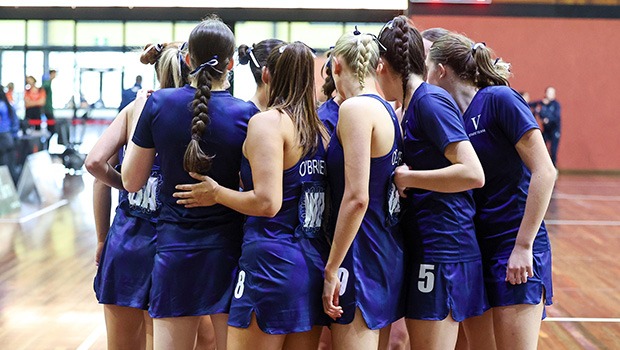
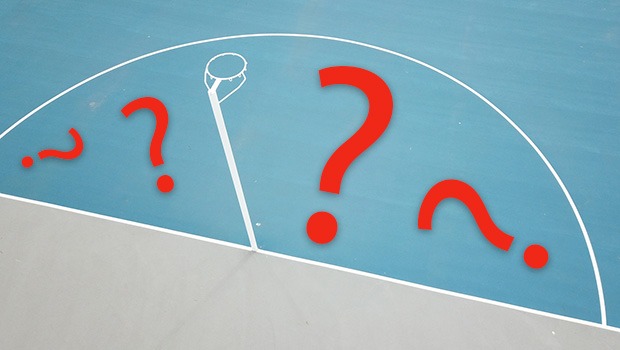
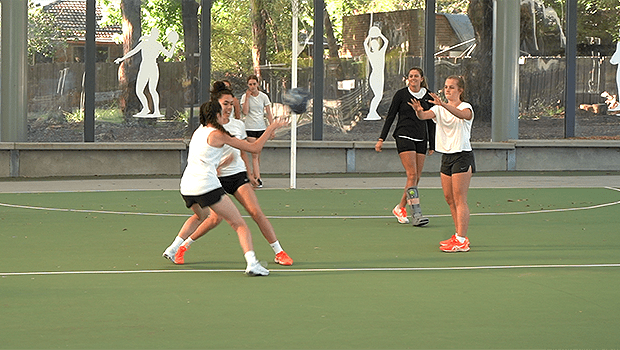
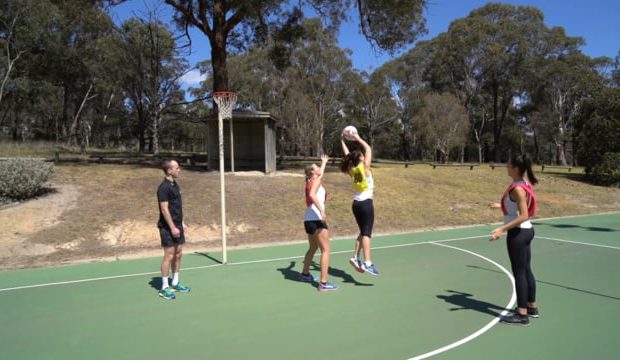
All good if they will give feedback….our association doesn’t!